1504-2024
Cam Ranh City develops a digital economy and digital society
1004-2024
The southern real estate market is growing again
0804-2024
The nearly 9,000 billion Cam Lam - Vinh Hao Expressway will open to traffic on April 30
0504-2024
New regulations on Certificate of land use rights that people need to know
0404-2024
More than 1,200 houses are eligible for sale in Khanh Hoa
0304-2024
What will happen to slow investment projects in Binh Thuan?
0104-2024
Handing over the site of Bien Hoa - Vung Tau expressway in June 2024
3003-2024
Chau Duc district promises to be the center of new industrial real estate
2903-2024
The new Land Law will take effect in April 2024
2703-2024
Opinions of the National Assembly on the Nha Trang - Da Lat expressway project
2603-2024
Which bridges will be built by Dong Nai and Ho Chi Minh City?
2503-2024
Dong Nai has a total area of more than 1,000 hectares for social housing
2303-2024
Dat Do district has become a new "target" for real estate investors
2203-2024
Trends in investing in real estate
2103-2024
The ground is of interest
1503-2024
Meeting between the prime minister and large real estate businesses
1403-2024
The opposite scene of the real estate: The South is crowded, the North is deserted
1203-2024
Deputy Prime Minister Tran Hong Ha chaired the meeting with real estate businesses
1203-2024
Ho Chi Minh City built a bridge to connect the center with the southern area of the city
0703-2024
Binh Thuan is preparing another large project in Phan Thiet city
2902-2024
What does Long Thanh urban planning have?
2702-2024
In the urban area with a total area of more than 270 hectares, there will be more than 2,000 apartments
2302-2024
The segment that will lead the real estate market in 2024
2002-2024
Support for people whose land will be recovered in 2025
1902-2024
Is it time for this local real estate to explode?
1702-2024
Resort real estate expects change in 2024
1602-2024
Technology "removes difficulties" for the real estate market
0502-2024
Real estate transactions in Ho Chi Minh City are returning
0302-2024
Conditions for issuing Certificate of land use rights in 2024
0102-2024
The new regulations do not limit the rights of buyers
3101-2024
Land Law (amended): What benefits do businesses and people receive?
2901-2024
Binh Thuan starts construction on 3 projects in January 2024
2701-2024
What is the progress of Amata Long Thanh City?
2401-2024
New information about the super project of Dankia - Suoi Vang national tourist area in Lam Dong
2201-2024
Land Law (amended): Reduce procedures, increase local rights
2001-2024
Waterfront City, Aqua City and Nhon Trach New City projects
1901-2024
The final condition for the real estate market to "enter" the growth cycle
1801-2024
Why should Ring Road 4 sections be combined into one large project?
1701-2024
Construction of the Ring Road section in Thu Duc City restarts
1601-2024
How is the coastal road in Phan Thiet doing?
1201-2024
What does Nhon Trach real estate have this year?
1101-2024
What type of real estate will lead the market in 2024?
1001-2024
Dong Nai attracts FDI capital flows
0801-2024
Real estate market in 2024
0501-2024
The supply of industrial park land will increase by hundreds of thousands of hectares in 2024
0401-2024
How will Binh Thuan's transport infrastructure be invested in?
0301-2024
How is the expressway located at the gateway of Long Thanh airport?
0201-2024
Two localities of Dong Nai will become towns
3012-2023
Ba Ria - Vung Tau will reclaim more than 500 hectares for 136 projects
2812-2023
Dong Nai announces Land Price Coefficients in 2024
2712-2023
Which real estate will recover the earliest in Dong Nai in 2024?
2612-2023
The real estate market is still difficult in 2024
2512-2023
Many provinces and cities announced plans for the period 2021-2030
2012-2023
Ba Ria - Vung Tau announced planning for the period 2021-2030
1812-2023
A series of real estate projects will be implemented in Lam Dong in 2024
1612-2023
Dong Nai welcomes billion-dollar FDI inflows
1512-2023
My Thuan 2 Bridge and My Thuan - Can Tho Expressway prepare to open to traffic
1412-2023
Real estate sales prices are increasing
1312-2023
How to check land?
1212-2023
The power project invested 1.4 billion USD in Nhon Trach
1112-2023
The lowest price for year-end sales is 2 billion VND/unit
0912-2023
The whole country will have 3,000km of expressways in 2025
0612-2023
Ho Chi Minh City will have 80 wards that must be arranged from now until 2030
0512-2023
The Nha Be and Can Gio bridges are expected to start construction in 2025
0412-2023
Real Estate Business Law has just been passed to tighten the division into plots ground and ground sales
0112-2023
Vietnam's economy in 11 months of 2023
3011-2023
Attract to investment in the Anh Sang Park project in Da Lat city
2911-2023
Housing Law: Does not stipulate the duration of apartment ownership
2811-2023
Should you invest in Nhon Trach real estate now?
2711-2023
Land in Long Dien district has a total of 700 ha that will change the purpose of use in 2024
2511-2023
Nhon Trach becomes a satellite urban area in Ho Chi Minh City that meets class II urban standards by 2030
2411-2023
The bridge connects between Ho Chi Minh City, Dong Nai province
2311-2023
Hot: The Government removes difficulties for Novaland's project and other projects in Dong Nai
2211-2023
Buying a house is still better than renting a house
1711-2023
Chairman of the National Assembly: The revised Land Law has not been approved at this session
1311-2023
Da Lat City's land use planning until 2030 was approved by Lam Dong
1011-2023
The hundred billion bridge on the arterial road is about to open to traffic
0811-2023
Two urban areas with a total area of 1,000 hectares have just been approved in Dong Nai
0711-2023
Which districts and communes in Dong Nai must be arranged, and what will the roadmap be?
0611-2023
The real estate market begins a growth cycle
3010-2023
From October 16, 2023, there will be many changes to people's certificates of land use rights
2810-2023
The tallest and most unique 108-storey financial tower in Dong Anh will start construction in the next 14 days
2710-2023
“The real estate market will be brilliant from 2025, investors can take profits in 2026”
2610-2023
3 signs that the best real estate investment opportunity is today
2510-2023
What did the Deputy Minister of Construction say about the Cam Lam Urban General Planning project?
2310-2023
The real estate market prepares to welcome thousands of supplies of all types
1810-2023
Industrial real estate has transactions of hundreds of billions of dollars, "revealing" the leading area
1710-2023
Experts predict that the real estate market will recover the fastest
1610-2023
Is the real estate market about to have lots of new good news?
1410-2023
The Prime Minister requested to submit a decree on land prices before October 25
1310-2023
What's special about the newly approved planning of Binh Thuan province?
1210-2023
Binh Thuan: Suitable for investors
1010-2023
Rich people started buying adjacent villas
0610-2023
What areas should you pay attention to when buying and selling land in Lam Dong?
0510-2023
Lam Dong starts construction on the expressway at the end of 2023
0410-2023
What do experts say about the potential of the real estate market in Ba Ria - Vung Tau?
0310-2023
Binh Thuan is preparing to start construction of an industrial park of nearly 300 hectares, with a total investment capital of 1,200 billion VND
0210-2023
After 9 months, Vietnam's economy has received many positive signals
3009-2023
Predicting risk by real estate experts from now until 2024
2809-2023
Latest regulations on Spit the land plot in Ba Ria - Vung Tau
2209-2023
Urban development in Duc Linh Binh Thuan combines industry
1909-2023
"Maybe lose opportunities when real estate prices are good”
1809-2023
When the neighbor does not sign the land border to make a Certificate of land use rights, how to solve the problem?
1609-2023
There is a "T" symbol on Certificates of land use rights, what does that mean?
1509-2023
The land development again may occur in the period from 2025 to 2026 according to VNDirect
1409-2023
Director of the Ministry of Construction: Real estate prices will increase at the end of the year and increase again in 2024.
0809-2023
Foundation Soil prices are about to return?
0709-2023
The expert explains how to best value land based on the current market
3108-2023
Is the real estate market ready to welcome a return?
3008-2023
Approved investment in Binh Thuan's almost 500-hectare industrial zone
2808-2023
Regulations on issuance of Certificate of land use rights before July 1, 2004 without paper
2508-2023
New capital flows strongly into the industrial real estate market
2408-2023
Nhon Trach to the city: Expectation to become an extension arm of HCM city
2308-2023
It is forecasted that the real estate market will have to wait until 2024-2026 to recover
2208-2023
Binh Thuan continuously issued documents to solve difficult problems for projects and investors
2108-2023
Real estate market: Forecast to recover by year-end
1808-2023
Three signals are forecasted that the real estate market will recover in the second half of 2024
1708-2023
24h Real Estate: Progress of important infrastructure projects in Dong Nai
1608-2023
Binh Thuan is piloting night economic activities at NovaWorld Phan Thiet and Thanh Long Bay projects
1508-2023
Which agency provides land data and how to request?
1408-2023
The real estate market in the South has recovered clearly and will continue in the near future
1208-2023
The General Manager of BHS Group told the story of buying real estate for 0 dong in cash and a profit of 800 million dong after 6 months
1108-2023
"Super project" of a tourist area of nearly 4,000 hectares in Lam Dong
1008-2023
Will Khanh Hoa merge a number of commune-level administrative units in Ninh Hoa town and Van Ninh district?
0908-2023
The government continuously removes difficulties for real estate, many positive forecasts for the market in the last 6 months of the year
0808-2023
Binh Thuan received information about the $5 billion NovaWorld Phan Thiet project to be removed
0708-2023
The route to the city of Nhon Trach, Long Thanh
0408-2023
Real estate shows positive signs, the second quarter is less difficult than the first quarter and will be better in the coming time
0208-2023
Before 2030, will Long Thanh and Nhon Trach become cities?
2707-2023
The rich still invest tens of billions in homestay investment: "If you know how to do business, you will recover your capital after 2 years"
2507-2023
24h real estate: Proposed investment in coastal road connecting Ho Chi Minh City to the West
2407-2023
The urban resort complex planning sponsored by Novaland has been accepted by Lam Dong.
2207-2023
To issue a decision to reduce 30% of 2023 land rent in July 2023 in Vietnam
2007-2023
It is expected that the expressway in the Southeast with a total length of 126km is about to be started
1907-2023
Unpacking for large cities in the Southeast region, promoting transport infrastructure for satellite cities
1807-2023
Real estate and new signals
1707-2023
Lam Dong plans to attract a series of Vingroup, Sungroup, Hung Thinh, Him Lam, Sovico, Bitexco, Becamex... to invest in the province.
1507-2023
Real estate market in the second half of 2023
1407-2023
Merger of a series of administrative units of districts and communes of Lam Dong province
1307-2023
Change the purpose of land use, separate the land plot in Lam Dong
1207-2023
Lien Khuong Airport becomes an international airport in Lam Dong
1107-2023
Chinese and Singaporean enterprises continuously pour capital, and a province has exceeded the investment target in just 6 months
0807-2023
24h Real Estate: Dong Nai prepares to have 7 more provincial roads
0707-2023
Nhon Trach district (Dong Nai) will become a city
0607-2023
Fines and compensation for building houses that affect neighbors' houses
0407-2023
A real estate segment in Ho Chi Minh City appeared, thereby showing signs of recovery
2706-2023
From June 20, the locality can decide the area to subdivide and sell plots, without consulting the Ministry of Construction?
2606-2023
The Minister of Construction affirmed that real estate transactions through the trading floor do not increase the selling price
2206-2023
Real estate in the suburbs - attracting investors
2006-2023
Bao Loc Real Estate is facing new development opportunities
1906-2023
Supply only accounts for 30% of real demand, this segment is extremely attractive to private enterprises
1706-2023
Revealing the list of enterprises winning the largest highway construction contract
1606-2023
Planning of Tan An city become a satellite urban of Ho Chi Minh City
1406-2023
VND 1,000 billion coastal road is delayed due to titanium mine
1306-2023
Ba Ria - Vung Tau coastal road in the future
1206-2023
Suggest to merge some districts and communes in Lam Dong province
0806-2023
Real estate transactions in Lam Dong show signs of increasing again
0706-2023
24h Real estate : Consider expanding the Ho Chi Minh City - Trung Luong expressway to 10 lanes
0306-2023
Lam Dong needs more land to implement many big projects
0106-2023
Dong Nai wants to auction 36 land plots of nearly 800 billion VND
3105-2023
When will real estate liquidity return?
3005-2023
4 things to choose for a real estate location
2505-2023
24H Real Estate: Location, area 66 social housing projects in Dong Nai
2405-2023
Lam Dong: Two documents related to parcel separation and consolidation
2305-2023
Forecasting developments in resort real estate mergers and acquisitions in the next few quarters
2205-2023
How to know if the land plot in use is eligible for a Certificate of land use rights?
1805-2023
Long Thanh district organized a scientific workshop to comment on the Dong Nai Provincial Planning for the period of 2021-2030, and a vision to 2050
1805-2023
Binh Thuan resort real estate benefits from infrastructure
1605-2023
Binh Thuan welcomes a series of good news, prepares for a new growth cycle
1305-2023
Lam Dong plans to make many important plans to make a big impact on the real estate market
0505-2023
6 coastal urban areas will be developed and formed in Ninh Thuan
0405-2023
What will the real estate market look like in the second half of 2023?
2804-2023
Three things to keep in mind when traveling on the Phan Thiet - Dau Giay expressway
2504-2023
Real estate market receive positive signals at the end of Q2
2404-2023
A big change in the issuance certificate of land use rights
2204-2023
Proposal to tax real estate ownership and inheritance to reduce home prices.
2104-2023
Despite the quiet overall market, the commercial real estate segment continues to increase in price
1804-2023
Nearly 16,000 billion in investment sources for railways in the period of 2021-2025
1704-2023
There are 4 reasons why long-term real estate investors always win
1404-2023
Vietnam is the most sought after real estate market in the region
1304-2023
Real estate broker: After half a year, there are continuous transactions; There are three to four houses priced at tens of billions of dong each sold every day.
1204-2023
Prime Minister asked to reduce procedures in land transactions
1104-2023
A real estate segment is said to "surmount the crisis"
1004-2023
The price of land plots in Binh Thuan has skyrocketed
0804-2023
Agricultural land recovery can be compensated with houses or apartments: Deputy Prime Minister Tran Hong Ha
0704-2023
Will the removal of legal regulations help resort real estate come out of hibernation?
0404-2023
Long-term investors have opportunities when the market changes
0304-2023
Why is real estate still an investment option in unstable economic times?
0104-2023
What is the goal of the wave of real estate investment?
3103-2023
A number of large investment projects that will be implemented in Khanh Hoa in the near future have been revealed.
3003-2023
March 29: 57/63 provinces and cities shared land data, does it help solve "ghost projects"?
2903-2023
When the 1,000 billion VND road is completed, Khanh Hoa will invest an additional 3,000 billion VND in coastal roads for Van Phong Economic Zone.
2803-2023
Which cases will not be issued Certificate of Land Use Rights?
2503-2023
Binh Duong and Ho Chi Minh City invested 5,300 billion VND in Di An - Thu Duc city
2303-2023
The Prime Minister proposed the participation of American companies in the Long Thanh Airport project.
2203-2023
The real estate market will begin to have opportunities from mid-2023
2103-2023
what direction will the expansion planning in Da Lat city change?
2003-2023
Binh Chanh agricultural land is compensated at a maximum of 38 times price more than the State price
1803-2023
Binh Duong province planning period 2021-2030: Set aside 2,000 hectares for urban and service development for Thuan An and Di An
1703-2023
Secretary of Dong Nai contacted people whose land was recovered to build two roads connecting Long Thanh airport
1603-2023
Will there be an increase in peri-urban land prices in Hanoi?
1503-2023
What is the current progress of 9 projects in the Lam Dong real estate market?
1403-2023
Should the issuance of a Certificate of land use rights be expanded by handwriting?
1303-2023
In 2023 there will be a reduction in real estate loan interest rates
1103-2023
Many important plans are about to be approved in 2023 that will boost the real estate market
0703-2023
What types of real estate taxes are expected to change in the near future?
0603-2023
Ho Chi Minh City will remove bottlenecks for the development of the real estate market in March
0303-2023
Capital and interest rate solutions to solve difficulties for real estate
0103-2023
Nhon Trach will be an industrial urban area - a port city
2202-2023
What is NKH land? Can I build a house on NKH land?
1702-2023
How to look up Certificate of Land Use Rights information online?
1502-2023
A new wave of investment will land in Khanh Hoa in 2023
1402-2023
Organize to collect people's opinions on the draft Land Law (amended)
1302-2023
18 apartment projects are expected to open for sale in 2023
1002-2023
What did real estate businesses propose in the meeting with the State Bank?
0902-2023
The State Bank is meeting with real estate businesses
0802-2023
What is real estate looking forward to in 2023?
0602-2023
The real estate meeting will take place in February
0302-2023
What does Ninh Thuan make in the housing development program for the period 2021 - 2025?
3101-2023
Existing real estate is only in the apartment, luxury housing, and tourism real estate segments
3001-2023
Why should you invest in real estate?
2701-2023
'Hot spots' have a big impact on the real estate market in 2023
1901-2023
In 2023, Chinese real estate will recover step by step
1801-2023
The land fund of more than 370 hectares is expected to be auctioned by Lam Dong in 2023
1701-2023
Investing in the Khanh Hoa - Lam Dong - Dak Lak expressway project
1401-2023
Tourism real estate prices still increase
1301-2023
2 major roads in An Giang cost 1,600 billion VND
1201-2023
Mobilized interest rates are expected to increase slowly
1101-2023
Ho Chi Minh City has proposed the scale of Cat Lai bridge as well as the construction of two additional bridges connecting with Dong Nai.
1001-2023
The apartment market is expected to be good in mid-2023
0901-2023
January 7: Steel coil prices increased simultaneously
0701-2023
17 expressways start to construct in 2023
0401-2023
The estimated investment is nearly 730,000 billion VND in 2023
0301-2023
Expect cash flow to return in 2023
3112-2022
Why do luxury real estate located in the central area still attract investors?
3012-2022
When will real estate return?
2912-2022
5 potential signs of real estate
2712-2022
Real estate prices will increase again in 2023
2712-2022
When will the new urban planning project of Cam Lam, Khanh Hoa be completed?
2312-2022
Da Nang spends nearly 3,000 billion VND on 2 traffic projects in 2023
1910-2022
Ho Chi Minh City is looking for a new location to build a bridge connecting Dong Nai
0909-2022
Is loosening credit room a "magic wand" for the real estate market?

















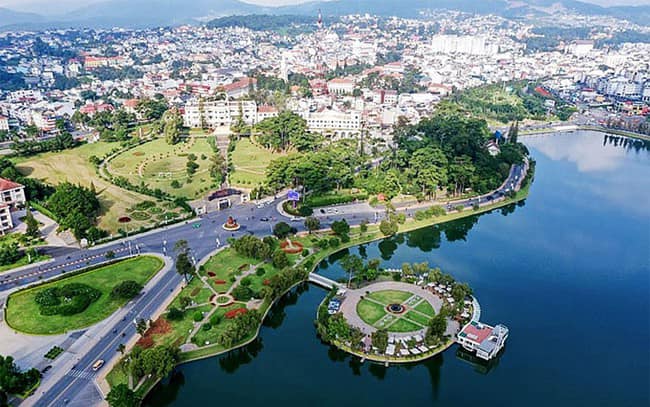
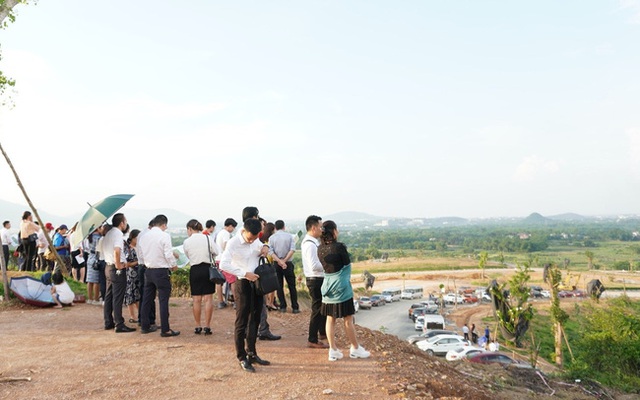
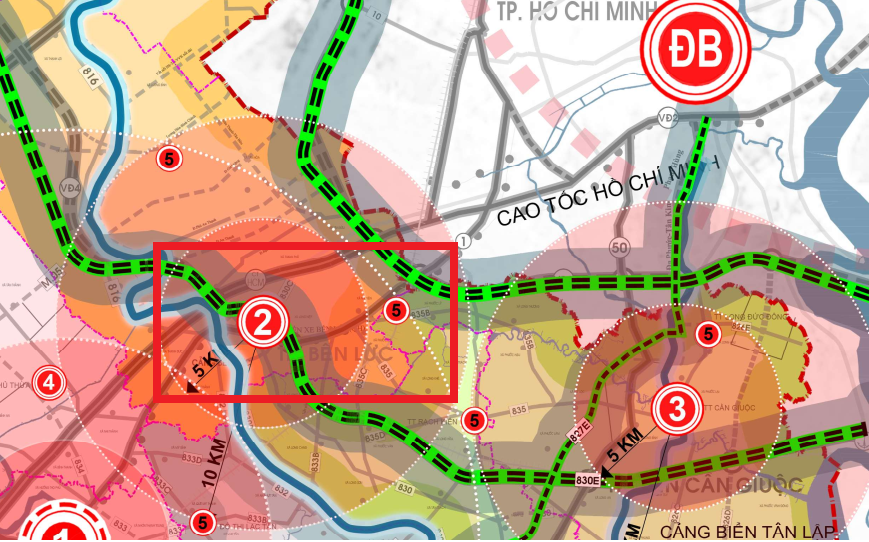
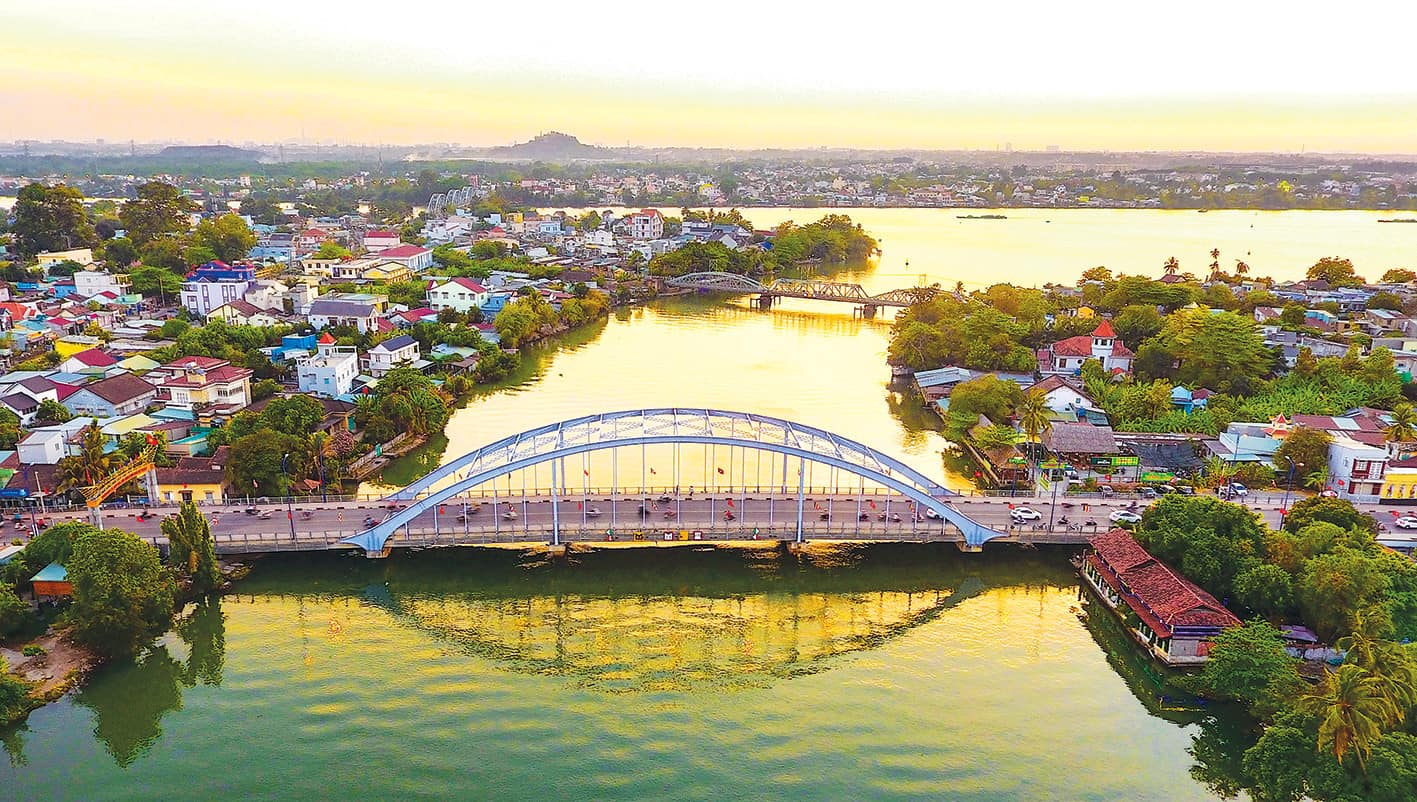












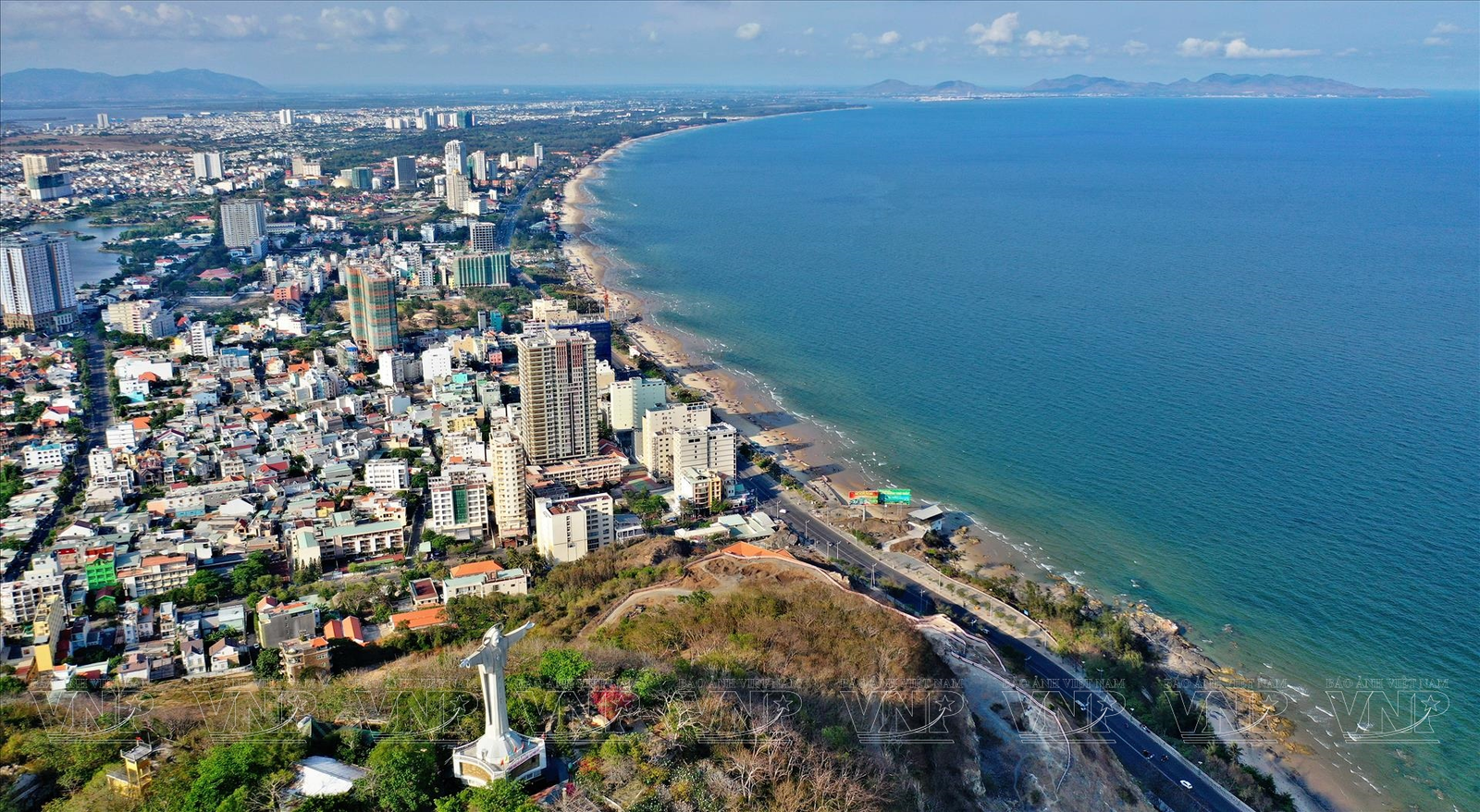

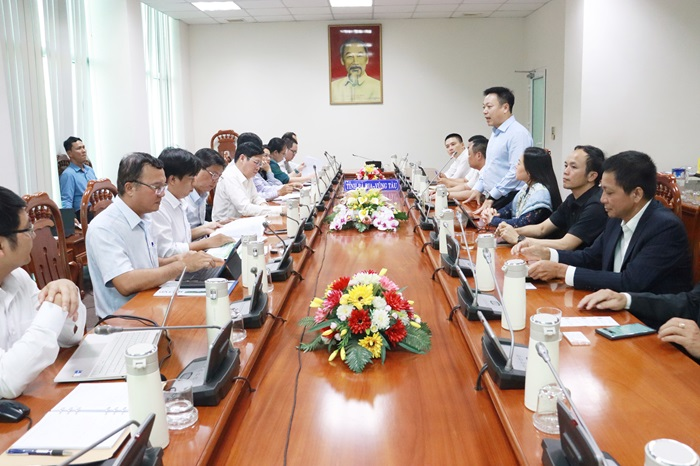
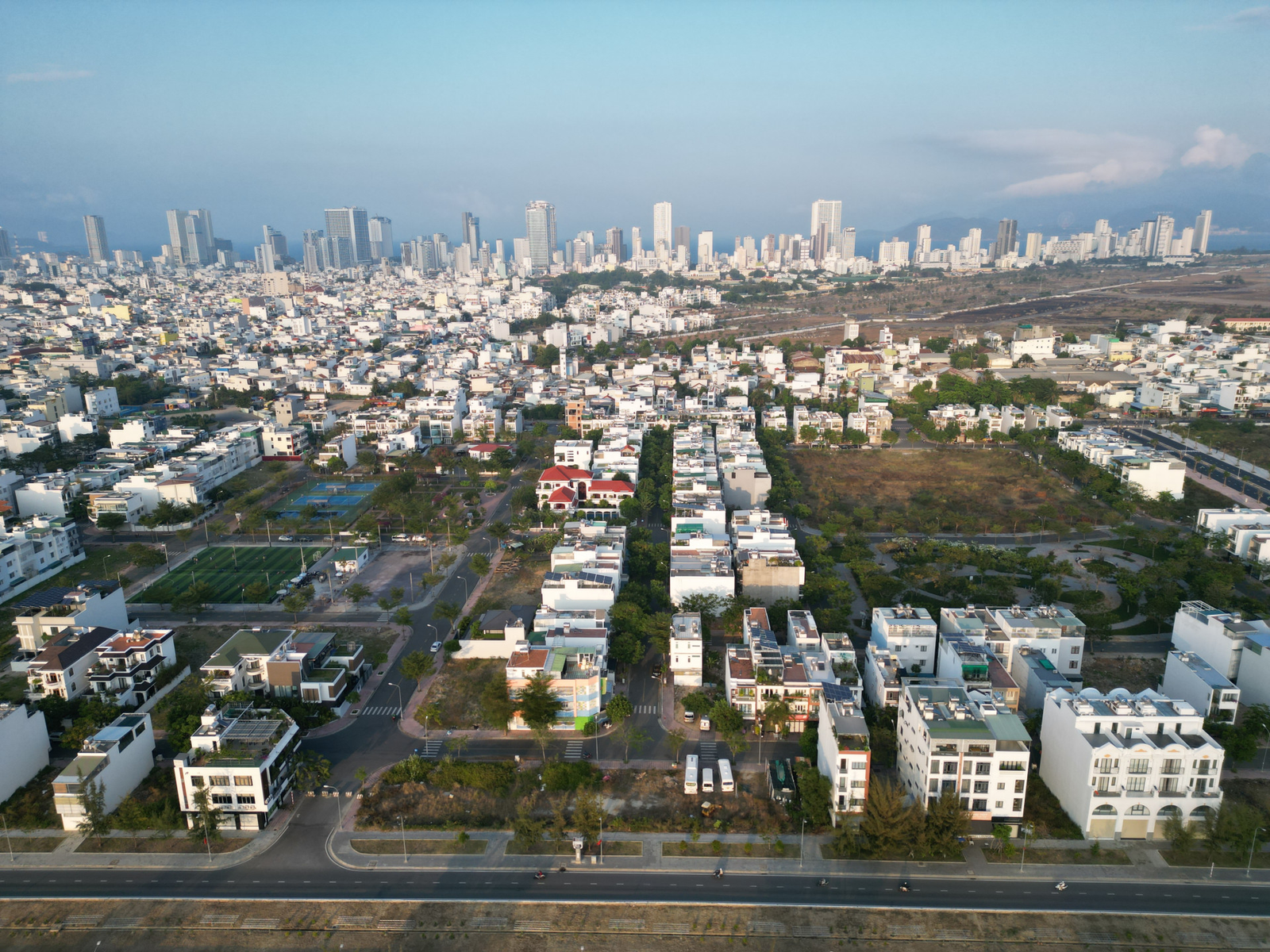
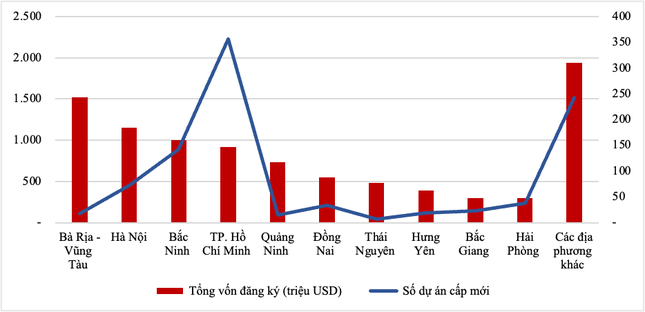







-660a434c892cc.png)

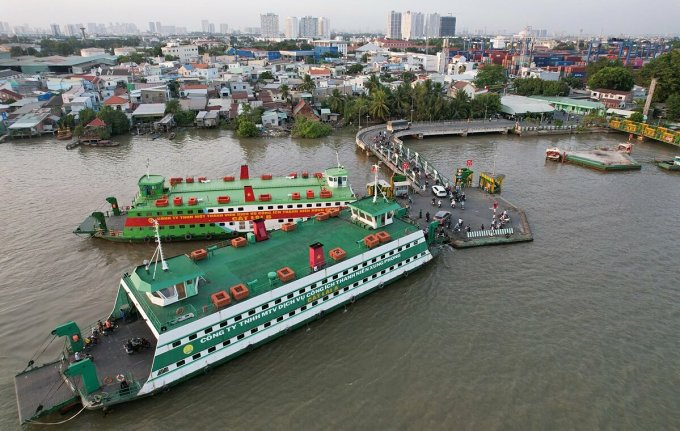
-6600e09b877b9.jpg)




















-65b46d8a62703.png)




































-6563e9d55e804.png)




-6556c28e76ce7.jpg)


-654ae08084871.jpg)

-6548445e5171c.jpg)





-6535d768e0cd5.jpg)
-652f3d92ee83c.jpg)
-652df0cadaa89.jpg)

-652a031fcc67d.jpg)


-6524a1949473b.jpg)

-651e0d593c6ea.jpg)






-650ce7e86f00a.jpg)
-6508f22a998a5.jpg)


-6503ad09b77e1.jpg)
-65025c9370a75.jpg)
-64fa7245e6898.jpg)






-64e6b867d759f.jpg)
-64e55c8720879.jpg)




-64dc20136bba8.jpg)

-64d97dad4b818.jpg)











-64bb258ce76ec.jpg)


-64b5e3293af70.jpg)
-64b4929d7ce37.jpg)






















-6477ed445d2e0.jpg)
















-6441df1e66357.jpg)





-643506f350115.jpg)

-6430bb1b57e77.jpg)





-6424e3dd43059.jpg)


-6420e8d2000bd.png)
-641e44de2a487.jpg)


























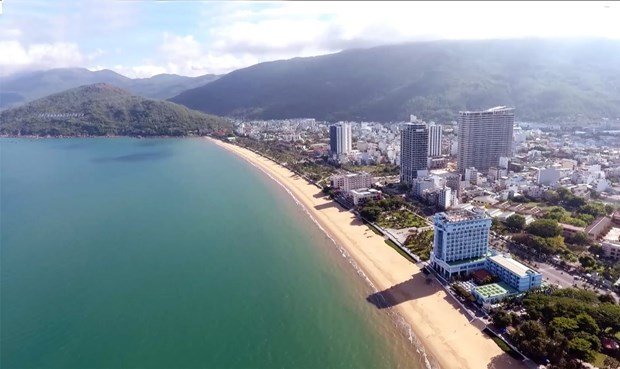
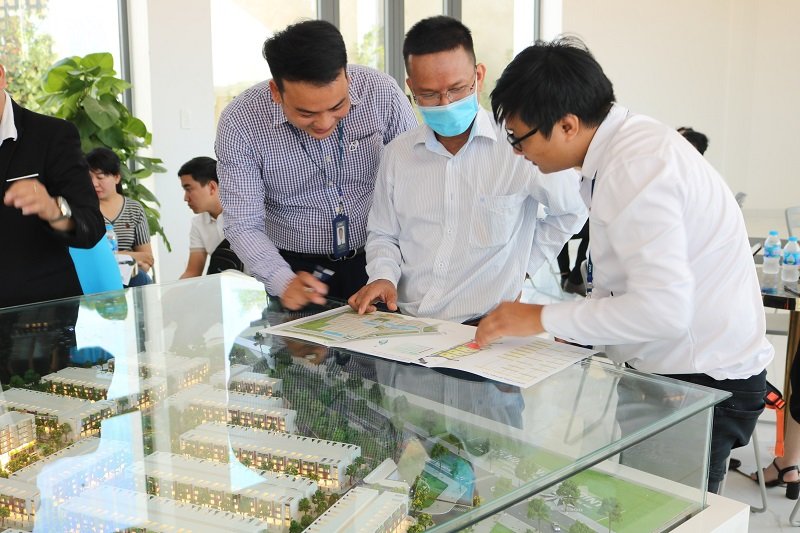


























-638d4e557f82a.png)
-638955a7b54cf.jpg)

-6386d4f7a6908.jpg)



-637d740b8d16d.jpg)

-637ae07859320.png)





-636ef4848c57c.jpg)






-63607127bc51c.jpg)





-634dfc74b7c3b.png)
















-6317f5f9a07c8.png)

-63154795dddb0.jpg)














-62f99c9995a7a.jpg)











-62e32e292628f.jpg)



-62ddeec965dc2.png)






































































-62280950b7cb0.jpg)





















